The Public Service Loan Forgiveness (PSLF) program, established in 2007, has provided a crucial financial lifeline for public service professionals burdened with student loan debt. It promises loan forgiveness after ten years of qualifying employment and payments, encouraging individuals to pursue careers in fields like teaching, healthcare, and social work.
Understanding the PSLF Program
PSLF allows borrowers who work full-time for qualifying government or nonprofit organizations and make 120 qualifying payments to have their remaining federal student loans forgiven. This program is designed to alleviate the financial burden for those serving the public good, making it easier for professionals to dedicate themselves to critical roles in society.
Proposed Changes to PSLF Eligibility
In August 2025, the U.S. Department of Education introduced a Notice of Proposed Rulemaking (NPRM) that could significantly alter the PSLF program.
A major proposal is to exclude employers from eligibility if they engage in “activities with a substantial illegal purpose,” including illegal immigration, discrimination, child abuse, or terrorism. Employees of such employers would no longer accrue qualifying payments toward loan forgiveness.
Impact on Public Service Workers
If the new rules are enacted, many public service workers could be affected. For example, educators in major cities, healthcare professionals in urban centers, and social workers in rural areas might lose eligibility for PSLF if their employers are found to be involved in disqualifying activities.
This would remove a critical financial incentive for many professionals who rely on PSLF to manage their student loan debt.
Concerns Over the “Substantial Illegal Purpose” Criterion
Advocacy groups have raised concerns over the vague criteria for what constitutes a “substantial illegal purpose.” There is fear that this could disproportionately impact organizations serving marginalized groups, such as those providing services to undocumented immigrants or transgender youth.
Even if these organizations’ activities are legal and essential, they could be excluded from PSLF, undermining important community services.
Broader Implications for Public Service
The proposed changes also raise concerns about politicizing the PSLF program. Allowing the Department of Education to determine eligibility based on an organization’s activities could compromise the program’s original intent: to support public service professionals regardless of political climate.
This could lead to organizations modifying their missions to align with federal expectations, potentially reducing the diversity and scope of services offered to the public.
Looking Ahead
The public comment period for the proposed rules is open until September 17, 2025. Public service workers, employers, and advocacy groups are encouraged to voice their opinions to ensure that the final regulations align with the program’s original mission.
The Department of Education must consider the broader implications and maintain a balance between accountability and supporting those who dedicate their careers to public service.

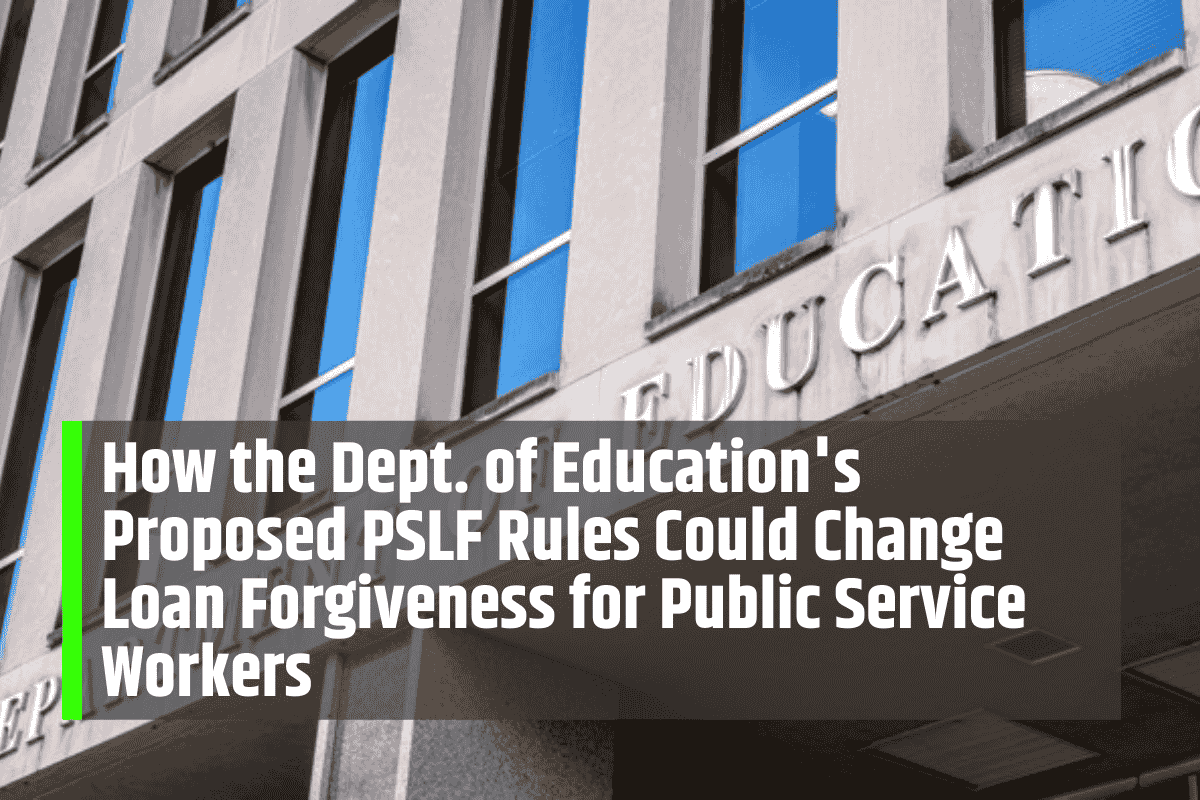
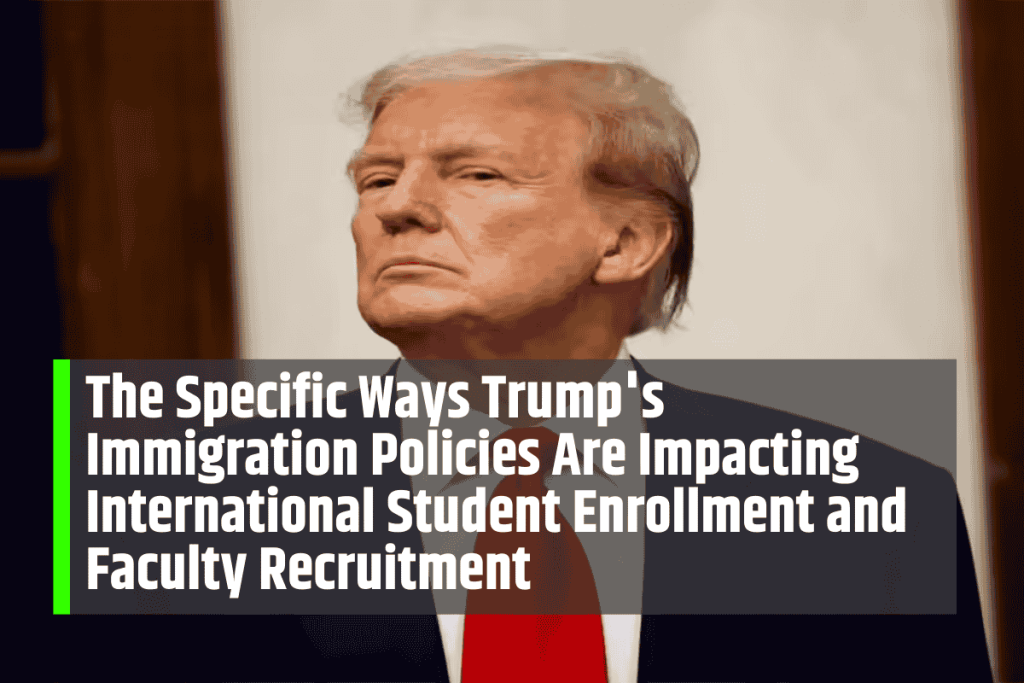

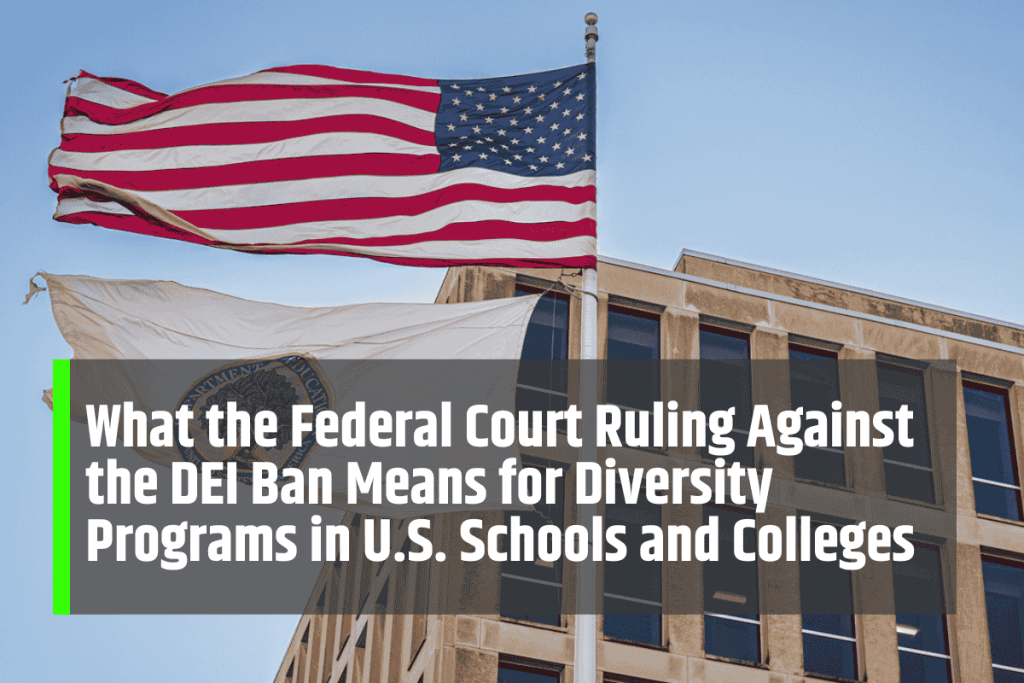
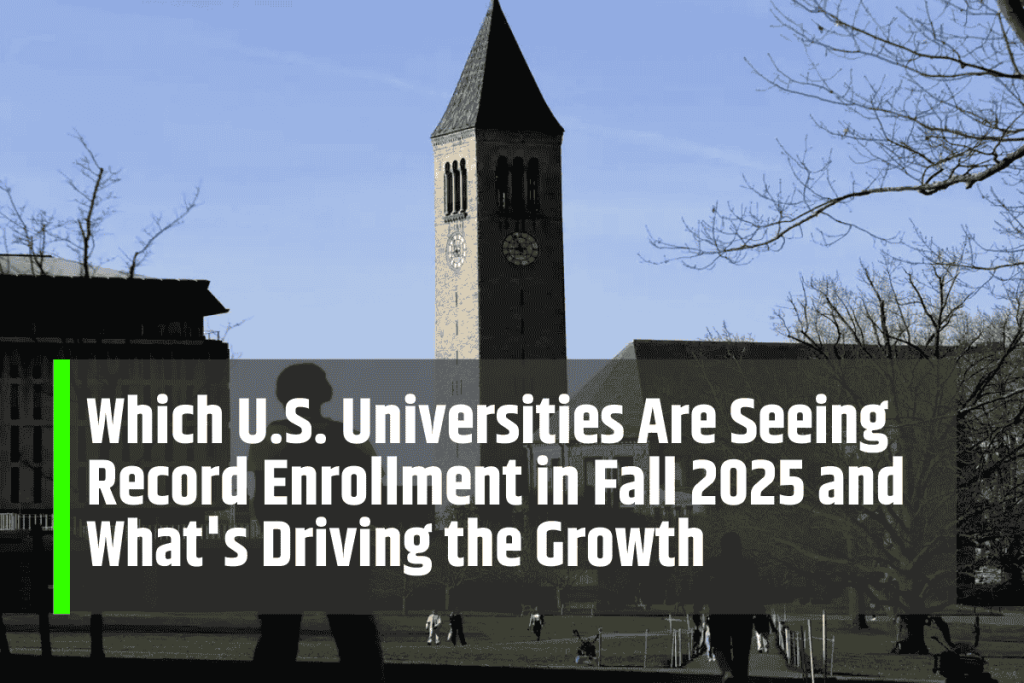
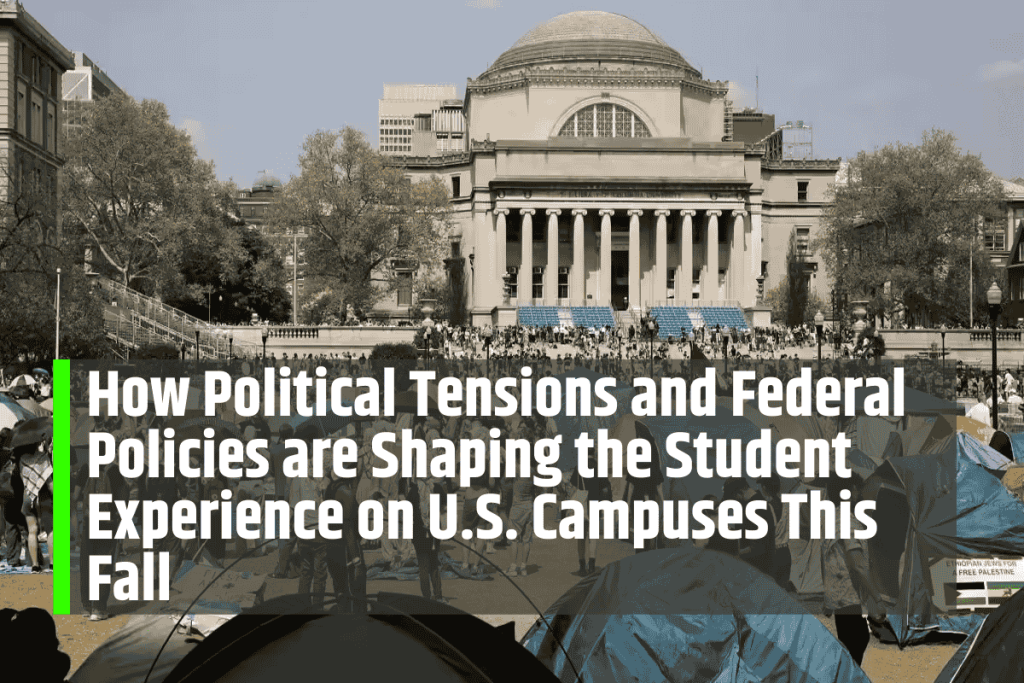
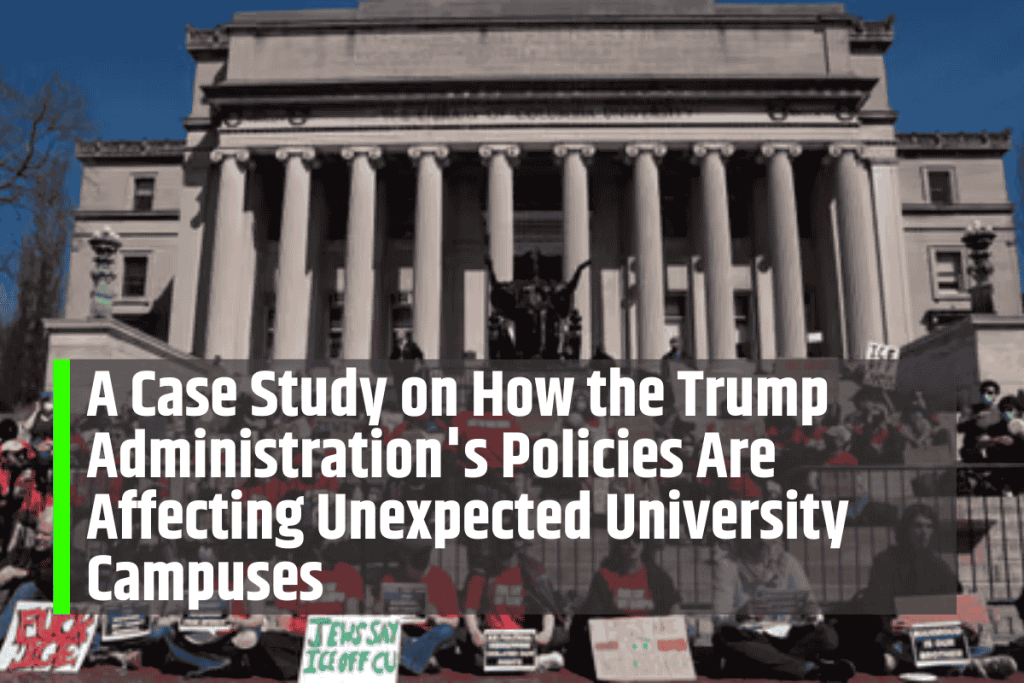
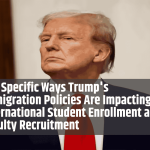

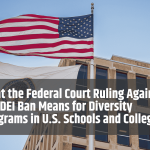
Leave a Comment